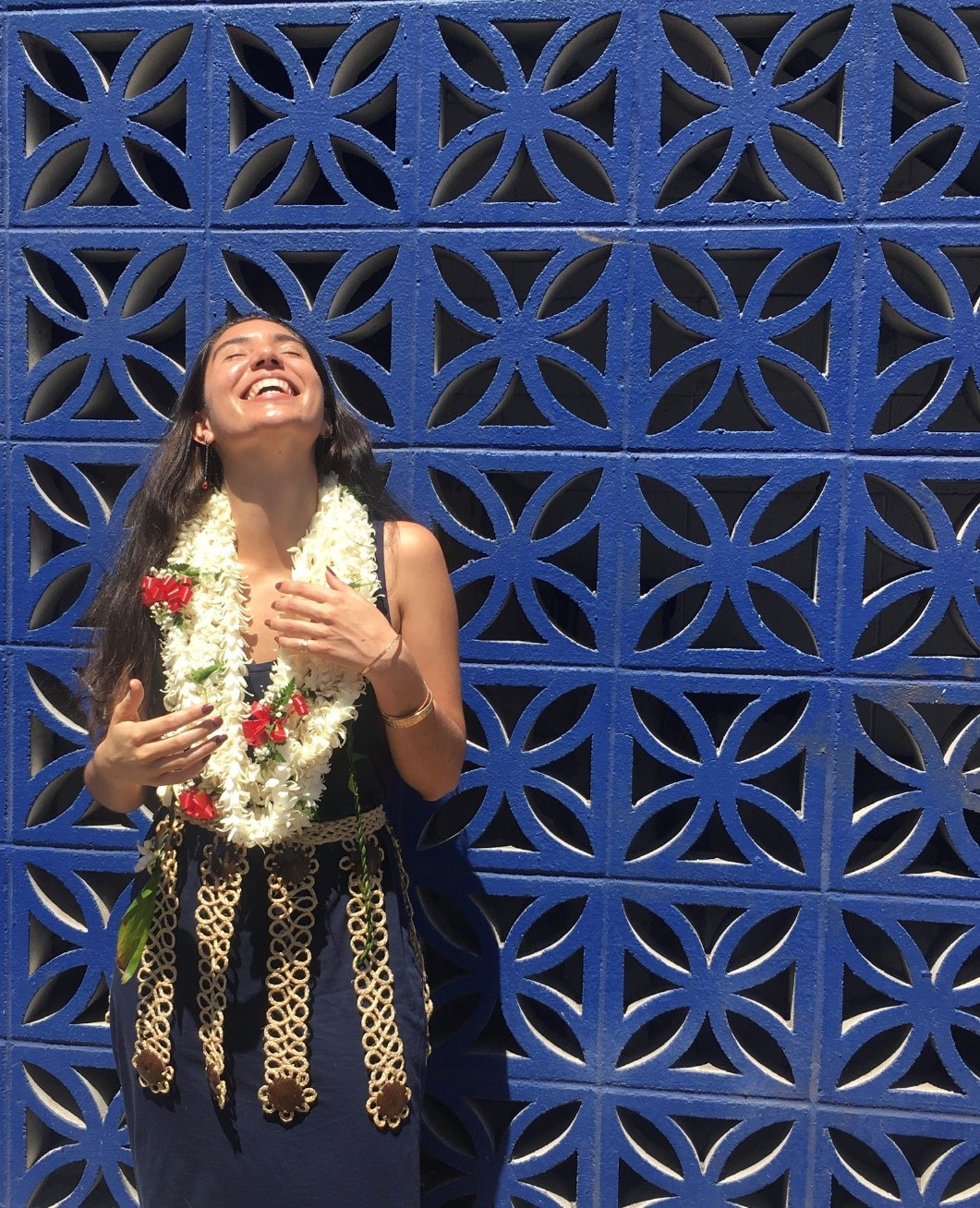31st UNION GIVES BACK – COVID-19 RELIEF
Our team at 31st Union has been extremely fortunate in achieving development milestones by collaborating remotely during these challenging times. Our vision is coming to life in amazing ways and we can’t wait to share more with the community when the time is right.
We are incredibly grateful to all essential workers and medical heroes, and are also committed to supporting our local community. On behalf of our entire team, 31st Union donated $200K to the San Mateo County Strong Fund to give back to our local community during the COVID-19 pandemic.
The SMC Strong Fund has been offering programs to support individuals in need, as well as non-profits that have seen a surge in demand for their services due to COVID-19. We encourage you to visit @SMC_Strong on Twitter and the organization’s website www.SMCStrong.org to learn more.
DEVELOPER PROFILE – AMANDA SULLIVANLEE
As Asian and Pacific Islander Heritage Month comes to a close, we are thrilled to introduce you to Amanda SullivanLee. Amanda is a 31st Union Operations superstar who is also a historian and lecturer in Pacific Island Studies. We thank Amanda for offering her perspective on API representation in gaming.

Talofa Lava! Happy Samoan Language Week and Asian and Pacific Islander Heritage Month (in the U.S.)!
My name is Amanda SullivanLee and I have been in the industry and with the 31st Union leadership team for the better part of the last decade. When I am not supporting the team, engaging in our Culture initiatives, and chugging coffee, I am working on my critical Pacific Island Studies pedagogy and refining my academic research methodology on Tongan history and culture. I am a Tongan-American woman, lecturer, and historian who has happily landed in the gaming industry during my undergraduate studies in the Bay Area. Working in an entertainment media industry offers me insight into how representation is crafted and curated, and how it might be improved particularly for POC and other marginalized and underrepresented communities. The most exciting thing about this issue in regards to the gaming industry is that it is much younger than other art and media formats and is bursting with talented, thoughtful, future-minded creatives and engineers who are unafraid to seek brighter, bolder, and more inclusive media experiences.
As the month of May comes to a close, I think it’s fitting to ask: what does the future of gaming have to offer API players as well as API developers? Before delving into the inquiry, it is important to note that the API racial categorization is unique to the U.S. and erroneously lumps the many ethnicities of the world’s largest continent and the world’s largest ocean together, despite the regions’ dramatically different cultures, histories, and contemporary experiences/realities.
As a Tongan-American with a background in Pacific Island Studies, I’m really only qualified to answer the PI part of our API question. Given this, how do we pursue our original inquiry in an adequate and appropriate way? Let’s first address Pacific Islanders in gaming, and then see if we can extrapolate a few questions that might address the API gaming experience more broadly.
The western imaginary has been allured by the diverse cultures and tropical land and seascapes of the Pacific since the 1700s. This fascination with Pacific Islanders has resulted in highly romanticized and problematic media representations of islanders as stereotypical noble savages or fierce warriors (a la Rousseau), dusky maidens like Guagin’s paintings, and lastly Pacific homelands as empty paradises existing solely for the pleasure of travelers. Video games have historically represented Pacific Islanders in a similar way, from characters that appropriate Polynesian mythology in creating fantastical warriors to environments that reflect a tourist’s version of the islands. We recognize some of the issues, but what can and should be done?
I believe two actionable things would greatly improve the gaming industry’s representation of Pacific Islanders and enhance their relationship with Pacific players. First and foremost, the Pacific is famous for their art and culture. Instead of appropriating the art, I would love to see more Pacific Islander artists working in the gaming industry. Secondly, I would love to see characters that more accurately reflect Pacific people and Pacific futures outside of the stereotypes that mainstream media has reserved for us. I want to see loving and family oriented islanders, and I want to see Chamorro Astronauts, Ni-Vanuatu engineers, and Tongan scientists and so many other possibilities that were previously reserved for non-islander characters.
Now that we have briefly covered the Pacific, what about the A in our inquiry? There are many incredibly talented South Asian, East Asian, and SouthEast Asian game developers around the world and in our very own studio. And there are also various stereotypes and misrepresentations that negatively affect the communities of the different subregions. There are in fact too many to properly cover in a blog post, but something that I would like to draw attention to would be the underrepresentation of South and Southeast Asian characters in games. We have seen some positive change in this area in recent years, however there is still more progress to be made. I would love to see more Filipino, Vietnamese, Indian, and Indonesian heroes who are not limited to the exoticized stereotypes of the past, but rather complex characters with well-developed arcs and innovative, relatable character art.
Before closing, I want to stress that ethical and inclusive representation is a long, changing, and imperfect process. It is unlikely that one game or one studio will undo decades of inadequate representation, but it is thrilling to be a member of 31st Union and our studio commitment that dares to try.







